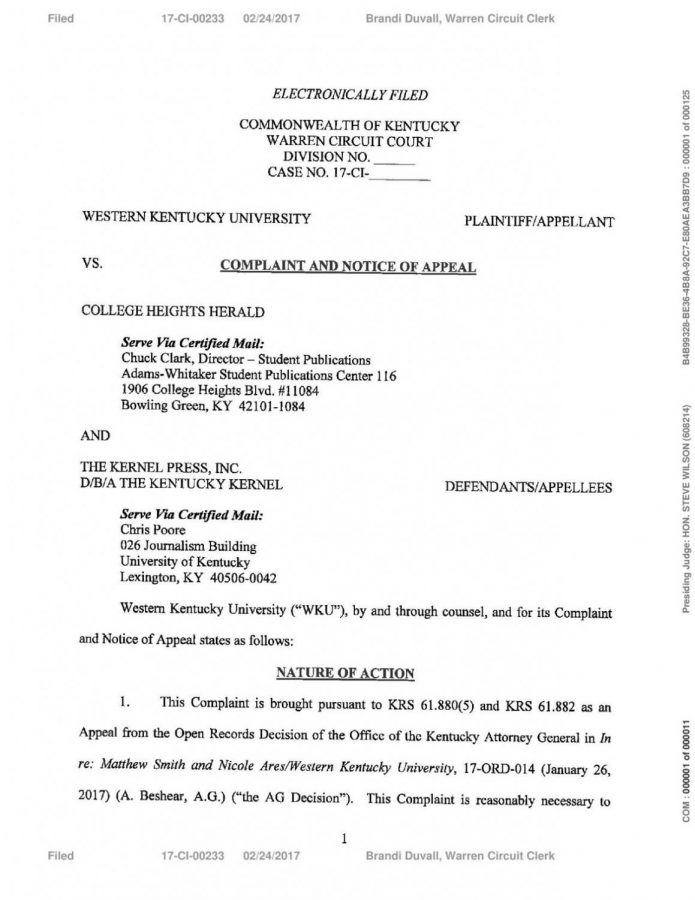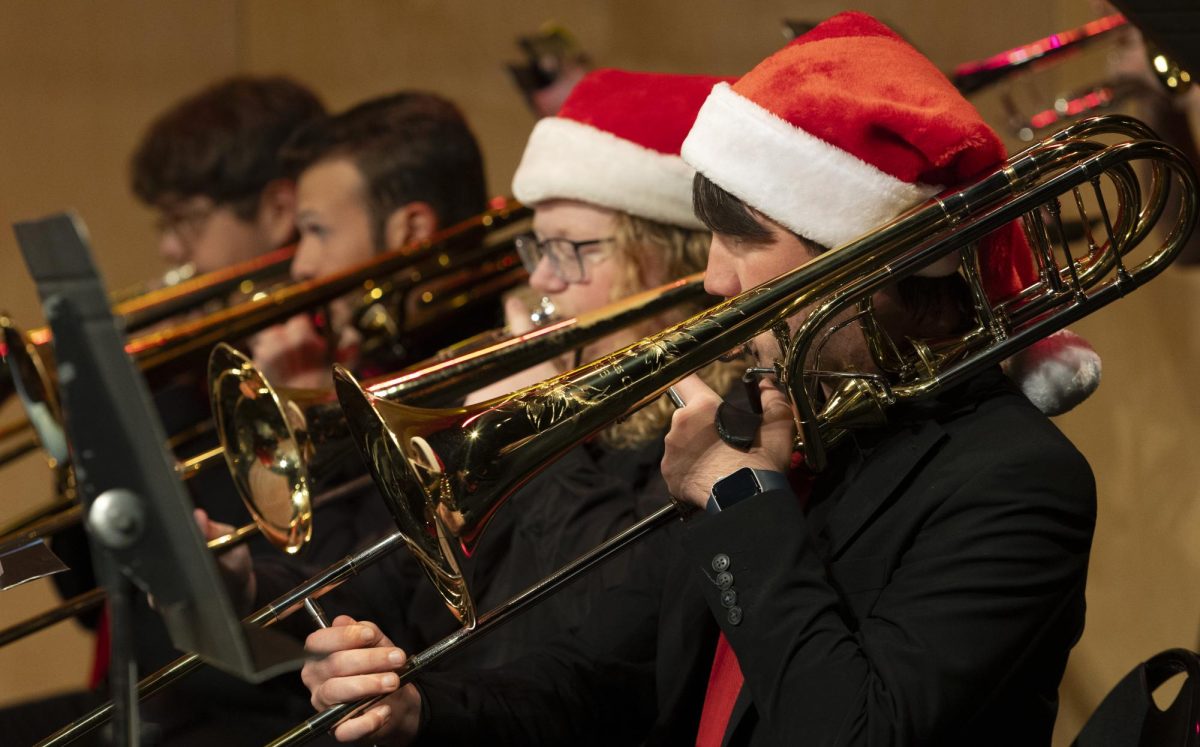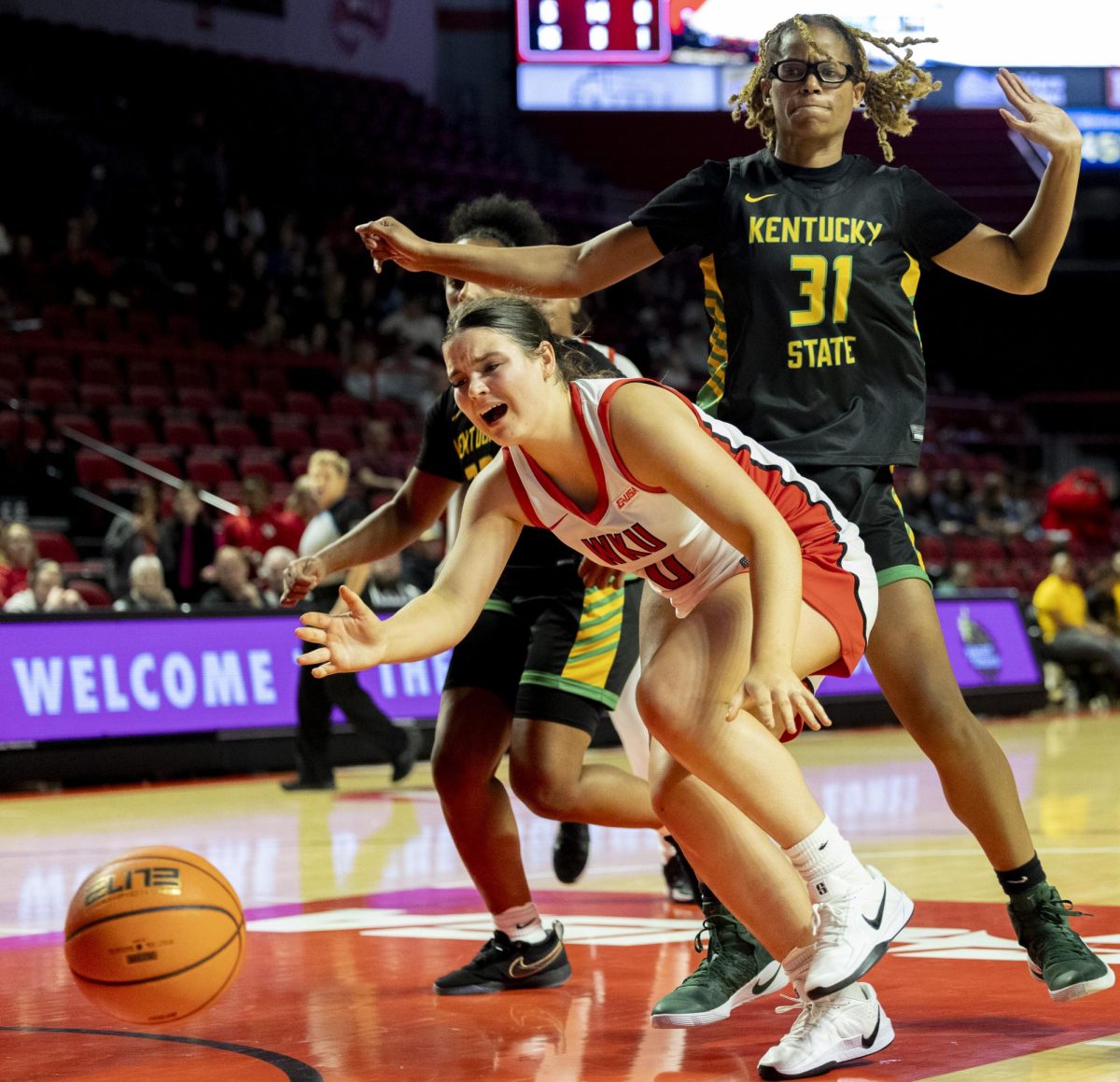WKU sues Herald over access to records
February 27, 2017
WKU sued the College Heights Herald on Monday to appeal an order from the Kentucky attorney general. In January, the attorney general ruled that the university must turn over records of sexual misconduct investigations to the newspaper.
The Herald and the University of Kentucky’s student paper, the Kentucky Kernel, were named as defendants in the appeal to Attorney General Andy Beshear’s decision in January.
Beshear’s decision claimed the university was responsible for releasing Title IX records about final actions in investigations of sexual harassment by university employees.
In the lawsuit filed by Kerrick Bachert law firm on behalf of WKU, the university claims the complaint is reasonable “to prevent potentially devastating consequences that would result from compliance with the AG Decision.”
Michael Abate, of Kaplan and Partners who is representing the Herald in the lawsuit, said the university’s actions in this case and its reasoning are disturbing, considering the options given by the attorney general in his ruling in the Herald’s favor.
“It’s appropriate to say it’s troubling the university is suing its own newspaper for practicing good journalism,” Abate said. “Even if they have a valid basis for withholding information, they still have to submit redacted documents.”
Abate said under Kentucky’s open records laws, documents must be provided for a request not specifically excluded by the Family Educational Rights and Privacy Act, or FERPA, even if the records are highly redacted. He also mentioned the WKU’s decision to ignore Beshear’s authority to view records.
In Beshear’s decision, he requested to view the requested documents “in camera,” or in private, to determine if the information would be harmful to victims if released. WKU refused to hand over documents to Beshear’s office.
In an interview with a Herald reporter Feb. 22, while on campus for a sexual assault awareness campaign, Beshear said WKU’s decision to appeal the records ordered released could be influenced by the pending lawsuit between the University of Kentucky and its student newspaper, the Kentucky Kernel .
Beshear said he strongly disagrees with the universities’ claims that withholding public records will protect victims of sexual misconduct on the part of university employees.
“I have serious issues with the University of Kentucky’s lawsuit in that I refuse to believe that hiding every single document about a professor that may be preying on student somehow makes us safer,” Beshear said. “When you look at the amount of sexual assault on college campuses yet how little of it is reported outside the Title IX system, it means we have to have transparency to make sure our campuses are conducting the investigations in the right way, that they’re treating our victims in the right way, that they are also ultimately seeking justice in the only way to make sure that justice is being provided to us is through transparency. And the University of Kentucky’s lawsuit also threatens the open records and the open meetings act themselves.”
UK’s original lawsuit appealing an AG opinion in favor of the Kernel, filed last summer, was attached to the relevant case information in WKU’s suit along with the follow-up appeal from Beshear and the Kernel. The appeal was filed after a Fayette County Circuit Court judge ruled in favor of UK.
In WKU’s case, the university wrote to a Herald reporter 20 cases of sexual misconduct were reported with six resulting in a finding of university policy violations. The university told the reporter the records were preliminary in nature but would release them pending the UK/Kernel lawsuit decision.
The request to UK from the Kernel in the summer of 2016 were for records specifically referring to the investigation of complaints against James Harwood, former professor in the College of Agriculture. UK denied the requests on several grounds, including citing a violation of FERPA.
Abate said comparing the two cases as being identical would be inaccurate and believes the requests made to WKU are very different than those made to UK.
“Every request under the open records act is different,” Abate said. “In our judgment, we really don’t think these records are covered by FERPA.”
Jacob Dick can be reached at 270-745-6011 and [email protected]. Follow him on Twitter at @jdickjournalism.











